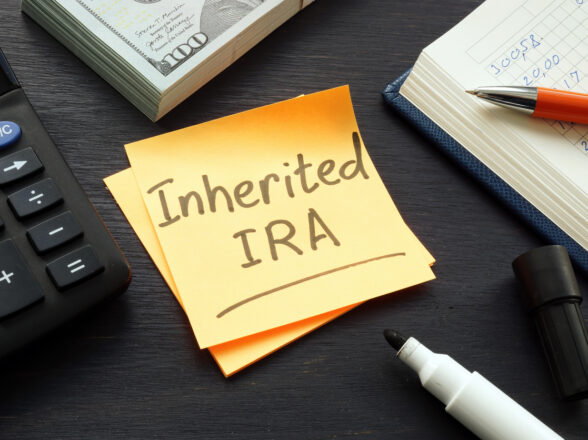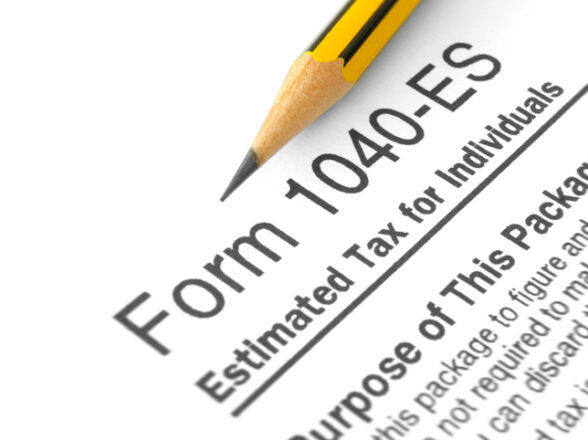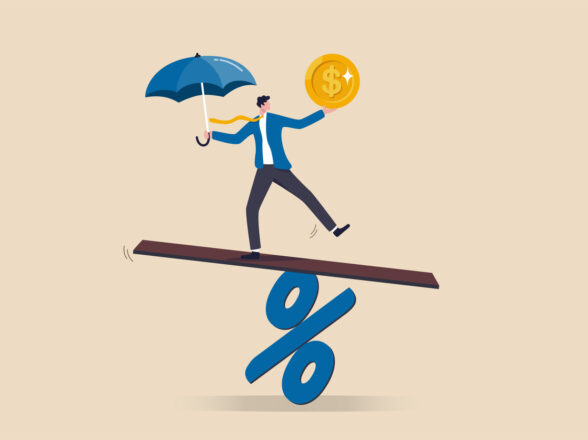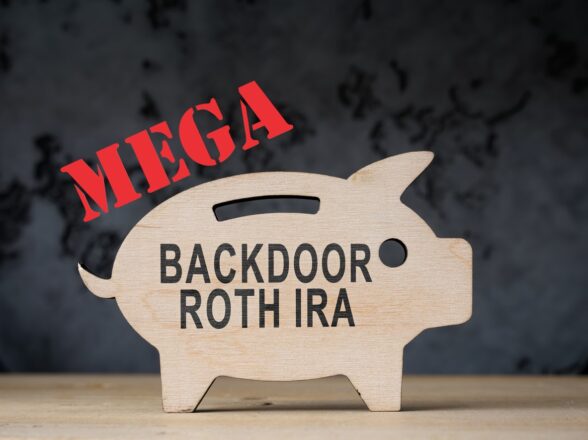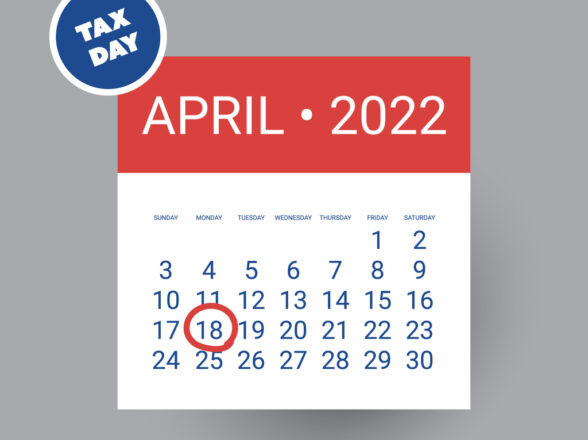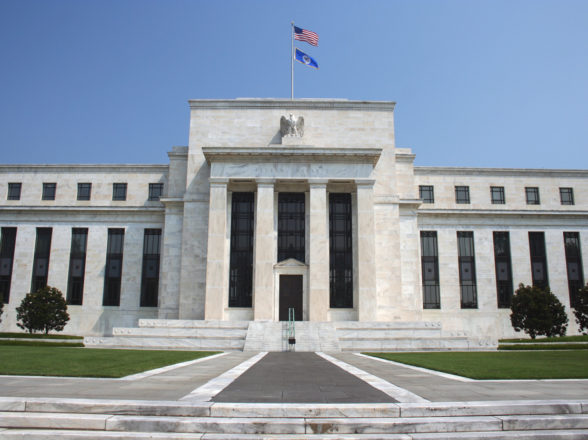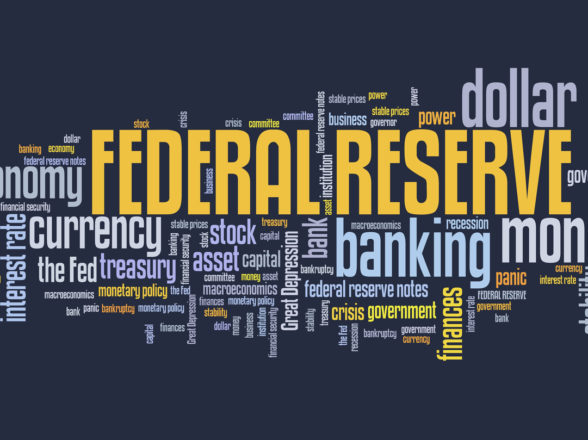Blog
Why An Alarming Number Of Workers Cash Out 401(k) Plans
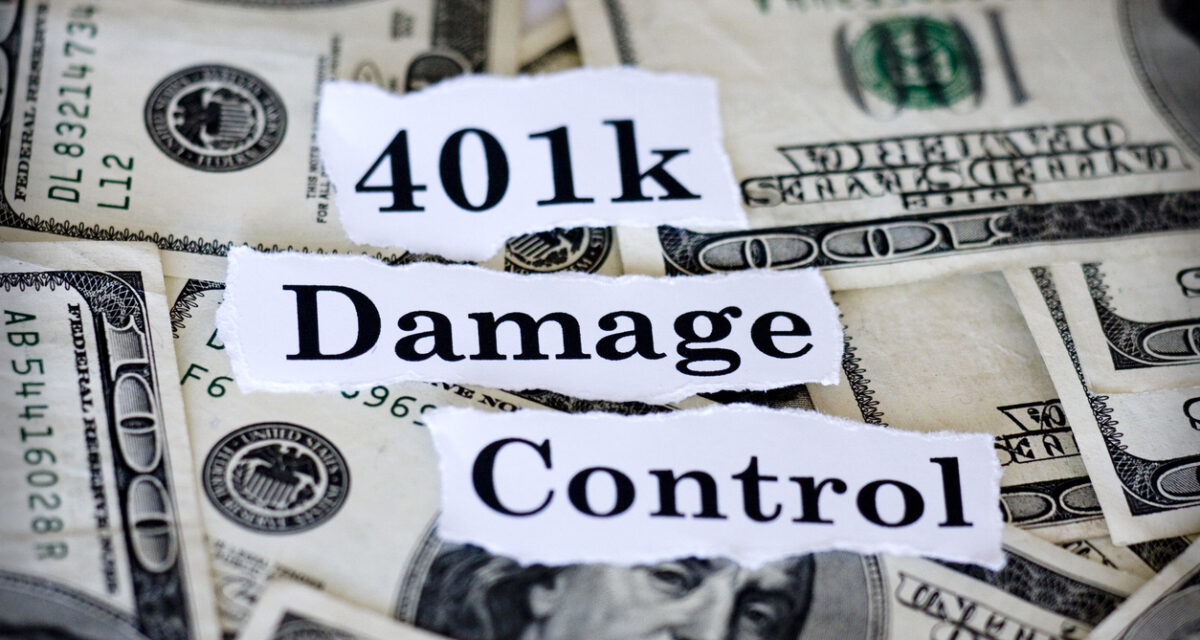
An alarming trend has emerged in recent years: a significant number of workers are cashing out their 401(k) retirement plans, often at the expense of their long-term financial security. This phenomenon, driven by a combination of economic pressures, lack of financial literacy, and systemic barriers, threatens the retirement prospects of millions of Americans. Understanding the reasons behind this trend reveals the challenges workers face in balancing immediate needs with future stability, as well as the broader implications for the economy and retirement policy.
One primary reason workers cash out 401(k) plans is financial hardship. Economic volatility, including stagnant wages, rising living costs, and unexpected expenses like medical bills or housing costs, pushes many to tap into their retirement savings prematurely. Data from the Vanguard Group indicates that about 40% of workers who leave their jobs cash out their 401(k) balances, often to cover immediate needs. For lower- and middle-income workers, who may lack emergency savings, a 401(k) withdrawal becomes a lifeline during job loss, medical emergencies, or other crises. However, early withdrawals come with steep costs: a 10% penalty for those under 59½, plus income taxes, can erode a significant portion of the savings, leaving little for retirement.
Job transitions also contribute significantly to 401(k) cash-outs. When workers change jobs, they often face the decision of what to do with their 401(k) balance. Many, especially younger workers or those with smaller balances, opt to cash out rather than roll over funds into a new employer’s plan or an IRA. This choice is often driven by convenience or a lack of awareness about the long-term consequences. For example, a $5,000 cash-out at age 30 could cost over $50,000 in retirement savings by age 65, assuming typical investment growth. The complexity of navigating rollovers, coupled with minimal guidance from employers, exacerbates this issue, leading to impulsive decisions that prioritize short-term cash over future wealth.
A lack of financial literacy further fuels the trend. Many workers are unaware of the tax penalties, lost compound interest, or alternative options like hardship withdrawals or loans that some 401(k) plans offer. Financial education is often absent or inadequate, particularly for younger or lower-income workers who may not have access to financial advisors. This knowledge gap leaves individuals ill-equipped to make informed decisions, increasing the likelihood of cashing out during moments of financial stress or job changes.
Systemic factors also play a role. The gig economy and job instability mean workers frequently move between employers, disrupting consistent 401(k) contributions. Small account balances, often under $10,000, are particularly vulnerable to cash-outs, as workers may view them as insignificant. Additionally, the U.S. retirement system relies heavily on individual responsibility, with 401(k) plans placing the burden of saving and investing on workers. Unlike defined-benefit pensions, which provide guaranteed income, 401(k)s require active management, which can overwhelm those without financial expertise.
The consequences of widespread 401(k) cash-outs are profound. For individuals, it jeopardizes retirement security, increasing the risk of poverty in old age. For society, it strains public resources, as retirees with inadequate savings may rely more on Social Security or government assistance. To address this, policymakers could enhance financial education, simplify rollovers, offer penalty-free withdrawals for specific hardships, or incentivize employers to provide better guidance.
In conclusion, the alarming number of workers cashing out 401(k) plans stems from financial hardship, job transitions, limited financial literacy, and systemic flaws in the retirement system. While immediate needs drive these decisions, the long-term costs are steep, threatening both individual and economic stability. Addressing this trend requires a multifaceted approach, combining education, policy reform, and support for workers to preserve their retirement savings.



































